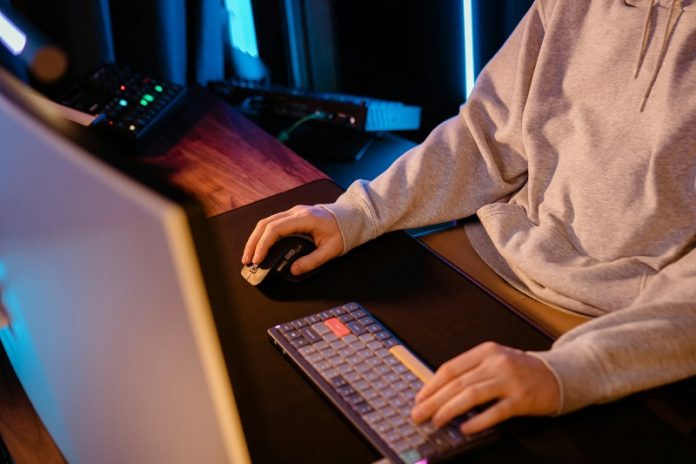
Your choice of avatar in a video game could change how you play, according to new research from Nottingham Trent University (NTU).
The study found that the gender of an avatar in action role-playing games, like Fallout: New Vegas, influences player behavior in surprising ways.
The research involved 276 male and 77 female players and analyzed their in-game activities, including the number of quests completed, locations discovered, and non-player characters (NPCs) killed.
The results revealed some fascinating patterns.
Players who chose an avatar of the same gender as themselves completed more quests and discovered more locations.
This suggests that players feel more connected to avatars that match their own gender, a phenomenon researchers call “own-gender bias.” This connection might make players more motivated and engaged in the game.
Interestingly, this bias didn’t appear when it came to combat. Players using female avatars killed more NPCs and enemies than those with male avatars, regardless of the player’s gender. This finding challenges traditional gender stereotypes that associate men with more aggressive behavior.
Dr. Kim Szolin, the lead researcher and a psychologist at NTU, explained the study through the Proteus effect—a theory that suggests people’s behavior and attitudes can be influenced by the characteristics of their avatars.
“Even something as central to a person’s identity as gender can be temporarily replaced by the gender of their avatar,” Szolin said.
The team chose Fallout: New Vegas for its focus because the game allows players a great deal of freedom. Players can complete quests in different ways, explore the game world at their own pace, or even skip missions to pursue other activities like collecting items or gambling for in-game money. This flexibility makes it easier to see how players interact with their avatars.
Dr. Szolin also noted the unique finding about female avatars being linked to higher kill rates. This could reflect a broader cultural shift in how female characters are portrayed in media and video games.
“There’s been a trend toward showing female characters as more assertive, aggressive, and combat-ready,” Szolin said. This might lead players to associate these traits with female avatars.
Overall, the study highlights how avatars can shape the gaming experience. Players who strongly identify with their avatars may enjoy the game more, motivating them to play better. Meanwhile, evolving cultural depictions of characters could be influencing how players approach their virtual roles.


